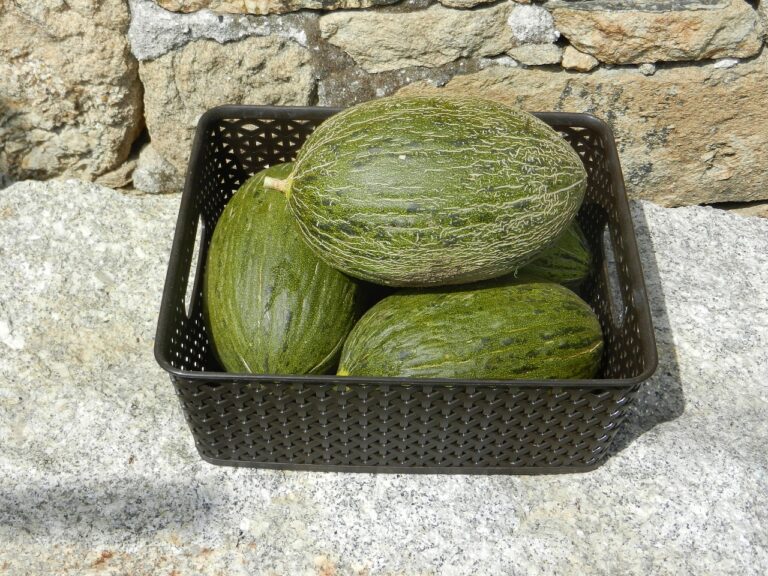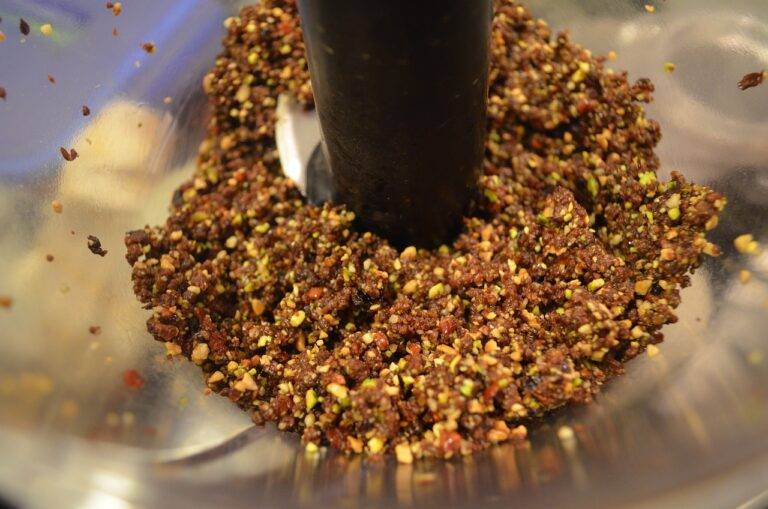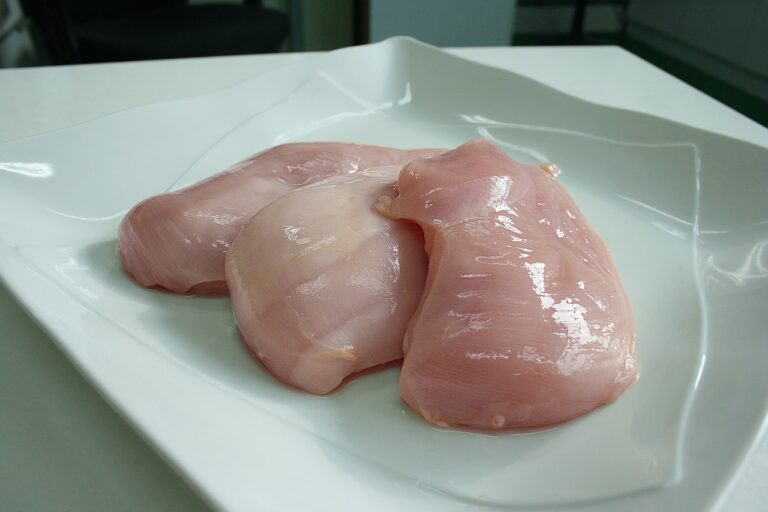Addressing Challenges in Food Safety Testing for Small-Scale Producers
99exch, laser247 club, world777 contact number: Food safety testing is a critical aspect of ensuring that the food we consume is safe and free from harmful contaminants. While large-scale food producers have the resources to invest in advanced testing techniques and technologies, small-scale producers often face challenges in conducting comprehensive food safety testing.
Small-scale producers, such as local farmers, artisanal food makers, and specialty food producers, play an important role in providing consumers with unique and high-quality food products. However, they may lack the necessary expertise, resources, and infrastructure to implement robust food safety testing protocols. In this article, we will explore some of the challenges faced by small-scale producers in food safety testing and discuss strategies to address these challenges.
1. Lack of Resources and Expertise
One of the primary challenges faced by small-scale producers in food safety testing is the lack of resources and expertise. Small-scale producers may not have access to specialized equipment and laboratories needed to conduct comprehensive food safety testing. Additionally, they may lack the expertise and training required to interpret test results accurately.
To address this challenge, small-scale producers can consider partnering with local universities, research institutions, or testing laboratories that offer affordable testing services. These partnerships can provide small-scale producers with access to advanced testing equipment and the expertise of trained professionals. Additionally, online resources and training programs are available to help small-scale producers understand food safety regulations and best practices for testing.
2. Cost of Testing
Another significant challenge for small-scale producers is the cost of food safety testing. Traditional testing methods, such as microbiological testing and chemical analysis, can be expensive and may not be feasible for producers with limited budgets. Cost-effective testing solutions are crucial for small-scale producers to ensure the safety of their products without breaking the bank.
One way to address the cost of testing is to prioritize high-risk areas in the production process and focus testing efforts on these critical points. Conducting risk assessments and implementing preventive measures can help small-scale producers identify potential hazards and target testing resources where they are most needed. Additionally, exploring alternative testing methods, such as rapid testing kits and sensor technologies, can provide cost-effective options for small-scale producers.
3. Regulatory Compliance
Small-scale producers are subject to the same food safety regulations and standards as large-scale producers, but they may struggle to comply with these requirements due to limited resources and expertise. Ensuring regulatory compliance is essential for small-scale producers to protect consumer health and maintain trust in their products.
To navigate the complex landscape of food safety regulations, small-scale producers can seek guidance from industry associations, regulatory agencies, and food safety consultants. These resources can help small-scale producers understand their legal obligations, develop food safety plans, and implement control measures to meet regulatory requirements. Participating in training programs and workshops on food safety regulations can also help small-scale producers stay informed and up to date on evolving standards.
4. Supply Chain Management
Small-scale producers often rely on multiple suppliers and third-party vendors to source ingredients and raw materials for their products. Managing the supply chain effectively is crucial for ensuring the safety and quality of the final product. However, small-scale producers may face challenges in verifying the safety and authenticity of their suppliers.
Implementing supplier verification procedures, such as requesting certificates of analysis and conducting supplier audits, can help small-scale producers assess the quality and safety of their ingredients. Building strong relationships with trusted suppliers and maintaining open communication can also facilitate information sharing and collaboration on food safety issues. Small-scale producers should prioritize transparency and traceability in their supply chain to mitigate risks of contamination and fraud.
5. Food Fraud and Counterfeiting
Food fraud and counterfeiting are growing concerns in the food industry, posing significant risks to consumer health and brand reputation. Small-scale producers may be particularly vulnerable to food fraud due to limited resources for implementing stringent quality control measures and product authentication technologies.
To protect against food fraud and counterfeiting, small-scale producers can implement product labeling and packaging strategies that enhance traceability and authenticity. Using tamper-evident seals, barcodes, and QR codes can help consumers verify the origin and authenticity of the product. Small-scale producers should also conduct regular inspections and audits of their production facilities to detect potential fraud schemes and unauthorized activities.
6. Consumer Education and Engagement
Engaging consumers in food safety practices is crucial for building trust and loyalty in small-scale producers’ products. However, small-scale producers may struggle to communicate their food safety efforts and quality standards effectively to consumers. Educating consumers about the importance of food safety testing and transparent production practices can help build a loyal customer base and differentiate small-scale producers in the market.
Small-scale producers can leverage digital marketing channels, such as social media, email newsletters, and websites, to share information about their food safety testing protocols and quality assurance measures. Engaging with consumers through interactive content, product demonstrations, and educational events can also foster a sense of transparency and trust. Small-scale producers should prioritize consumer feedback and address any concerns or questions regarding food safety testing promptly.
In conclusion, small-scale producers face various challenges in food safety testing, ranging from lack of resources and expertise to regulatory compliance and supply chain management. By implementing cost-effective testing solutions, prioritizing risk areas, complying with regulations, managing the supply chain effectively, combating food fraud, and engaging consumers, small-scale producers can enhance the safety and quality of their products. Collaboration with industry partners, regulatory agencies, and food safety experts is essential for small-scale producers to navigate the complex landscape of food safety testing and ensure consumer confidence in their products.
FAQs
Q: How can small-scale producers access affordable food safety testing services?
A: Small-scale producers can consider partnering with local universities, research institutions, or testing laboratories that offer affordable testing services. Online resources and training programs are also available to help small-scale producers understand food safety regulations and best practices for testing.
Q: What are some cost-effective testing solutions for small-scale producers?
A: Small-scale producers can prioritize high-risk areas in the production process and focus testing efforts on critical points. Exploring alternative testing methods, such as rapid testing kits and sensor technologies, can provide cost-effective options for small-scale producers.
Q: How can small-scale producers ensure regulatory compliance in food safety testing?
A: Small-scale producers can seek guidance from industry associations, regulatory agencies, and food safety consultants to understand their legal obligations and develop food safety plans. Participating in training programs and workshops on food safety regulations can also help small-scale producers stay informed and up to date on evolving standards.







